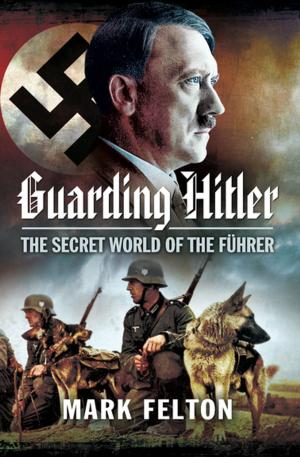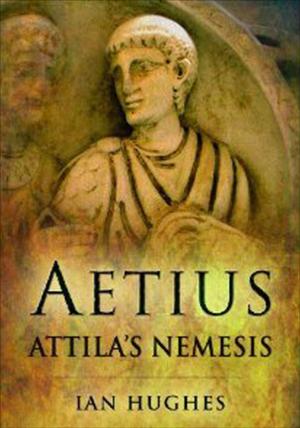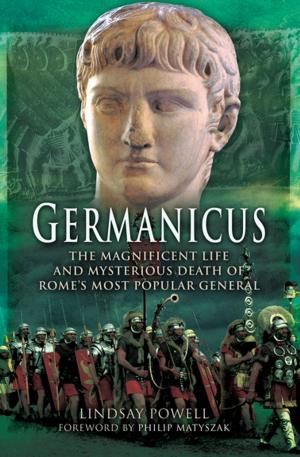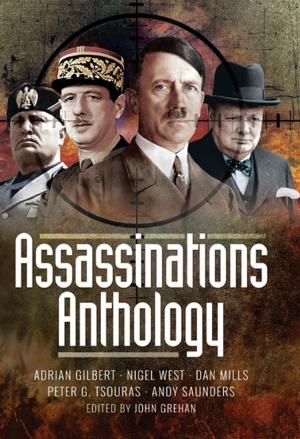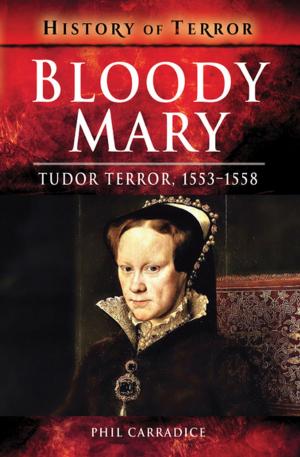| Author: | Philip Warner | ISBN: | 9781473817203 |
| Publisher: | Pen & Sword Books | Publication: | December 31, 1990 |
| Imprint: | Pen & Sword Military | Language: | English |
| Author: | Philip Warner |
| ISBN: | 9781473817203 |
| Publisher: | Pen & Sword Books |
| Publication: | December 31, 1990 |
| Imprint: | Pen & Sword Military |
| Language: | English |
The story of the shadowy special reconnaissance unit whose intelligence helped the Allies win World War II.
It operated in Italy, Sicily, Austria, France, Belgium, Holland, and Germany. It was at Dieppe with the Commandos, in France with the SAS, at Arnhem with Airborne, and in Germany until the surrender.
Phantom—aka GHQ Liaison Regiment—was one of the most secret and most effective of the wartime special regiments. It was formed in 1939 with the mission of finding out exactly where all the Allied forward positions were—a task which required linguistic ability, unlimited tact, and radio expertise. After Dunkirk, its squadrons at first kept an eye on all invasion points, before deploying to Greece and to the Middle East.
An indispensable direct communication link between the forward patrols and command headquarters, its members were as varied and colorful as its tasks. Among them were a Cambridge college postgraduate, three professors, a famous actor-playwright, a film star, a famous sculptor, a steward of the Jockey Club, a commissioner of the Metropolitan Police, and numerous authors and journalists. This fascinating history goes beyond Phantom’s aura of mystery and shows how it was so successful in its role of tracking both allied and enemy movements and relaying vital information direct to commanders.
The story of the shadowy special reconnaissance unit whose intelligence helped the Allies win World War II.
It operated in Italy, Sicily, Austria, France, Belgium, Holland, and Germany. It was at Dieppe with the Commandos, in France with the SAS, at Arnhem with Airborne, and in Germany until the surrender.
Phantom—aka GHQ Liaison Regiment—was one of the most secret and most effective of the wartime special regiments. It was formed in 1939 with the mission of finding out exactly where all the Allied forward positions were—a task which required linguistic ability, unlimited tact, and radio expertise. After Dunkirk, its squadrons at first kept an eye on all invasion points, before deploying to Greece and to the Middle East.
An indispensable direct communication link between the forward patrols and command headquarters, its members were as varied and colorful as its tasks. Among them were a Cambridge college postgraduate, three professors, a famous actor-playwright, a film star, a famous sculptor, a steward of the Jockey Club, a commissioner of the Metropolitan Police, and numerous authors and journalists. This fascinating history goes beyond Phantom’s aura of mystery and shows how it was so successful in its role of tracking both allied and enemy movements and relaying vital information direct to commanders.


